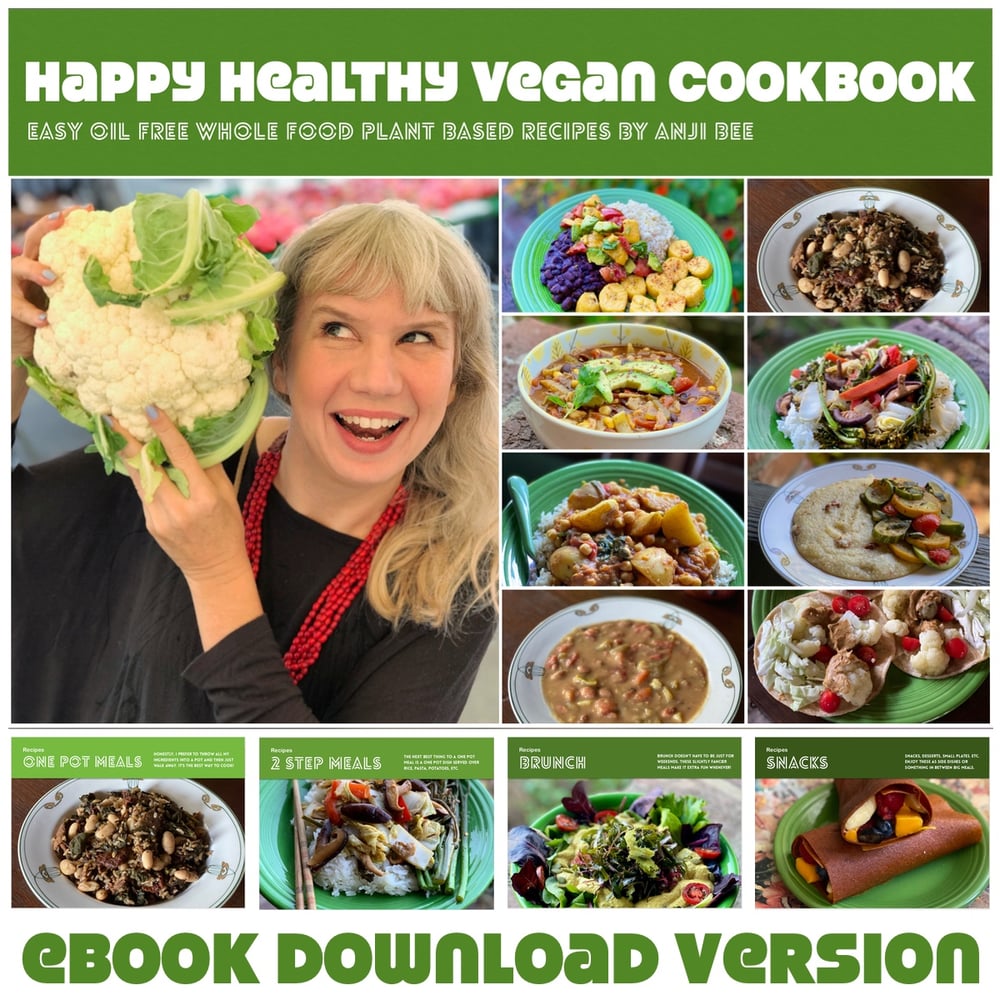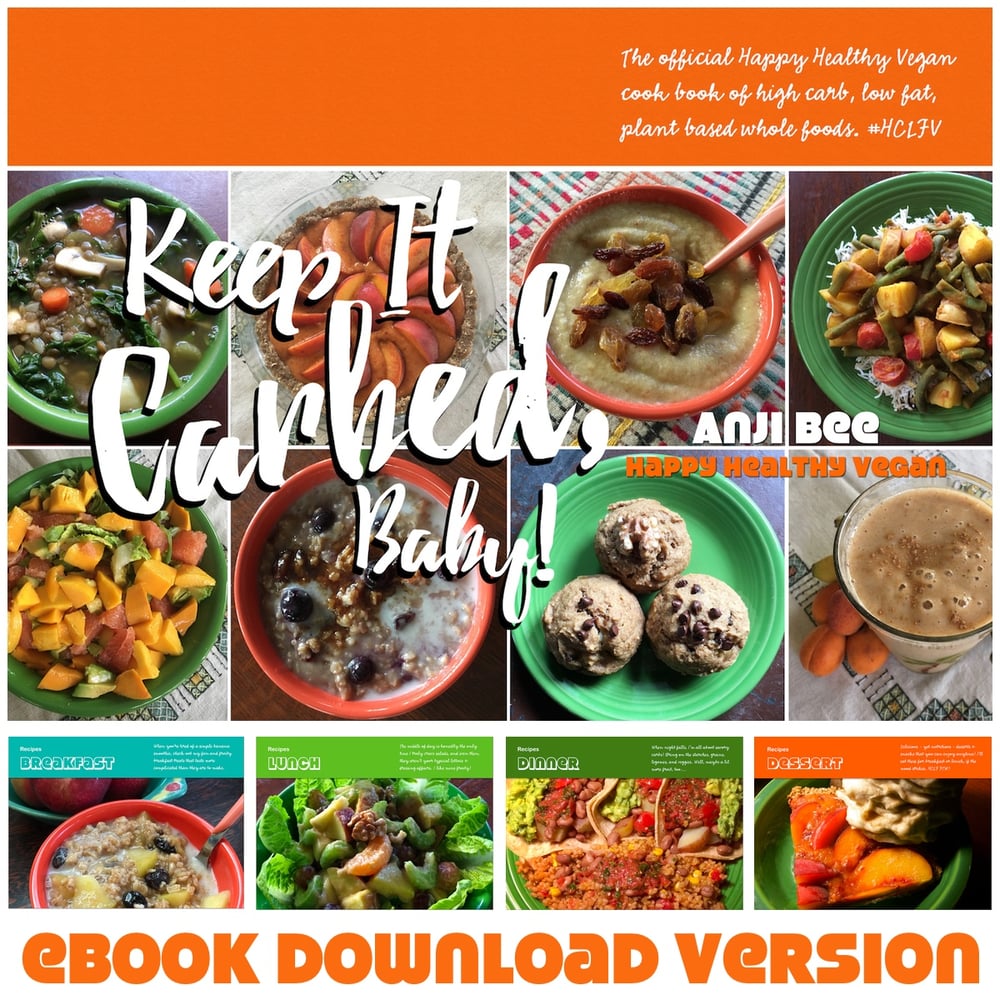“But where do you get your protein?”
This must be the single most popular question that vegans are asked about their diet. Vegans are regularly warned by well-meaning folks of eminent medical maladies including protein deficiency, muscle loss, general ill health – even death. People typically believe that protein is only found in meat and dairy products, therefore vegans – who don’t consume these foods – are needlessly putting their health at risk.
This protein myth has become the widely accepted view for society at large; it cuts across all demographics of education, income, and culture. But is this story true? What is the truth regarding the amount of protein consumption needed in our diet?
Firstly, the concept that dietary protein is gained only from eating animal products is a very straightforward myth to debunk. Protein is found in ALL plant foods! This may come as a shock to many people, but it’s a scientific fact. Informed vegans know that 20% to 40% of the calories in beans, broccoli, and spinach come from protein, rivaling the percentages of calories from protein in most types of meat. Even fruits — such as peaches and avocados — derive approximately 7% of their calories from protein, while strawberries and oranges provide 8 to 9% protein content.
Skeptics may concede that protein is found in plants, but doubt that it could be found in a high enough quantity to maintain proper nutrition without the aid of animal-based products. To assuage these unfounded fears, let’s examine the amount of protein needed for optimal health. The World Health Organization recommends that we get 5% of our calories from protein, with pregnant women needing slightly more at 6%.
Considering that raw fruits and vegetables average between 5 and 15% protein content respectively, and cooked beans and legumes contain 18 to 30% of their calories from protein, even the strictest vegans will easily consume ample protein when eating enough food to meet their daily caloric needs. My morning smoothie, for example, which is made up of 10 bananas, a handful of strawberries, and a splash of almond milk gives me over 30% of the U.S. recommend daily allowance for protein.
Despite our nation’s current fixation with protein, the average American intakes a mere 16% of their calories from protein. Even still, this is over 3 times the amount recommended by the World Health Organization. But if protein consumption is as crucial as people insist then having more in our diet must be a good thing, right? Sadly, though, one can have “too much of a good thing” when it comes to protein. Excess protein consumption leads to a number of health problems, some of them very serious in nature.
Firstly, excess protein creates an acidifying effect on the bloodstream, which then causes the kidneys to pull alkalinizing minerals – such as calcium – from the body, in turn causing bones to weaken. We’ve all heard the classic California Milk Advisory board marketing slogan, “Milk: it does a body good,” but actually milk consumption goes hand in hand with causing, rather than preventing, osteoporosis. It’s no coincidence that the nations which consume the most milk are also the nations with the highest rates of hip fractures.
And, one’s liver and kidneys are forced to work extra hard when protein intake is in excess of the body’s needs. Additionally, excess protein consumption can lead to the the formation of kidney stones, a build up of toxic ketones, dehydration, weight gain, and an increased risk for prostate and breast cancer.
Let me be very clear. I am not advocating the elimination of protein from one’s diet; protein is crucial to the function and maintenance of the body. Instead, my point is that it’s surprisingly easy to get the proper amount of protein from a plant based diet. Furthermore, we aren’t doing ourselves any favors by consuming an abundance of animal protein.
On a final note, have you ever heard the medical term for protein deficiency? Well, there isn’t one, which should tell you something: as a vegan, or otherwise, you don’t have to worry about where you’ll get your protein.
By Ryan Lum
This article is also on 30 bananas a day.




Protein beliefs are deeply ingrained in most people’s minds and they probably won’t change soon. Fortunately, the more folks hear messages like yours, the better the chances are that they will actually investigate these notions on their own to discover the truth.
I was born and raised in Long Beach and miss it now that I am up in Spokane, WA. Started 80-10-10 this past December and love it.
Thanks for the article!
thanks for your comments june. indeed, we all should inform people when the chance arises regarding protein. so many people are so misinformed it can be quite frustrating. at least we know the real actual truth and can make informed lifestyle decisions based on that.
wow, a fellow long beacher! i’ve often considered moving to portland but have been too afraid to lose the near everyday sunshine, especially since i’m an 80/10/10 ‘er as well. how are you handling it? it’s been a rough enough winter down here.